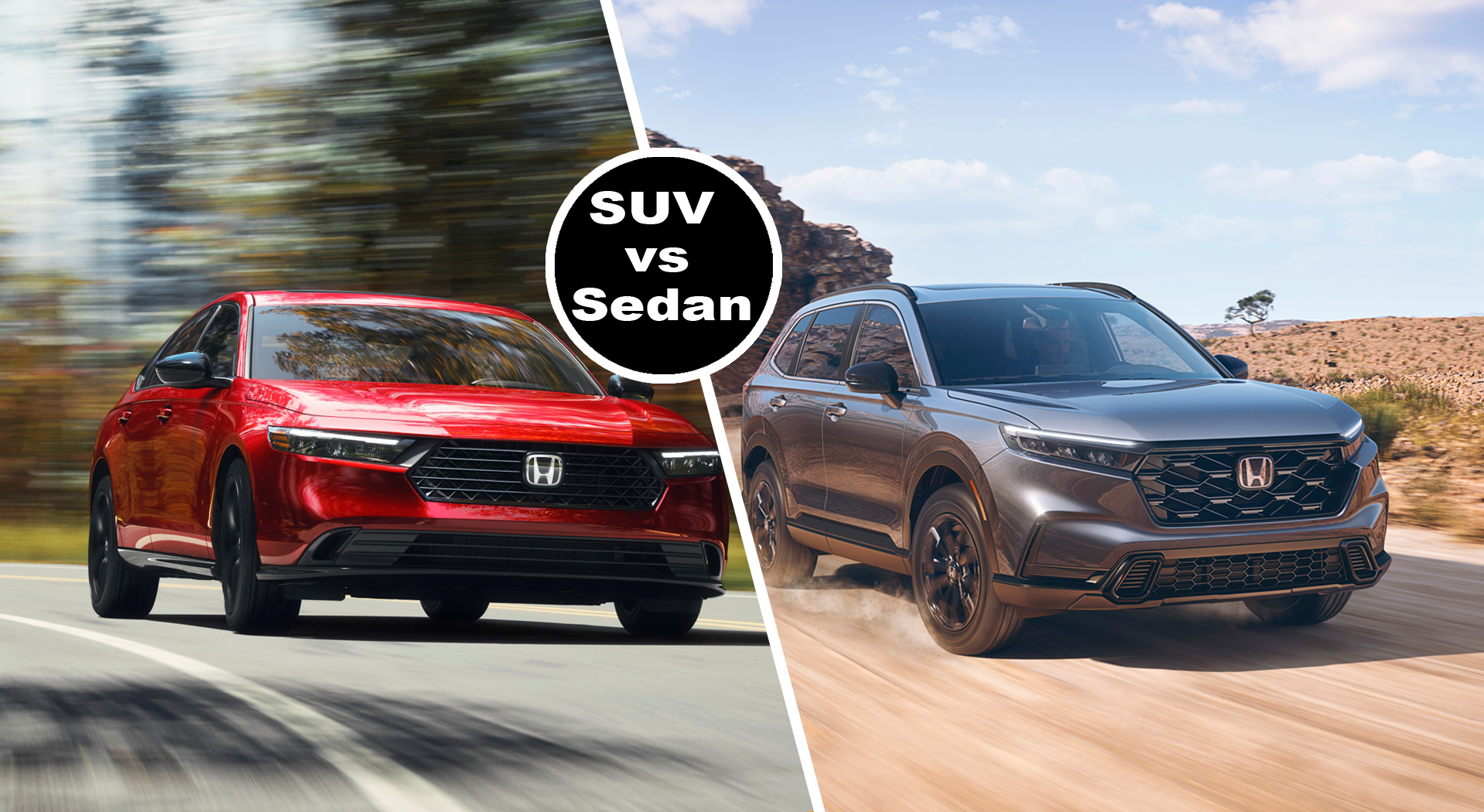
When considering buying a new or used vehicle, the acronyms CUV and SUV often come up, sparking a debate: CUV vs SUV, which is better?
Wait! Before you make a decision, it’s crucial to understand their key differences and attributes.
Defining the CUV and SUV in simple terms
What is a CUV?
A CUV, or Crossover Utility Vehicle, is a car-type platform known as a unibody. This design approach provides a more car-like driving experience and typically results in better fuel efficiency and comfort for passengers.
Check out this comprehensive guide on unibody SUVs to delve deeper into this subject.
What is a SUV?
On the other hand, an SUV, or Sport Utility Vehicle, utilizes a body-on-frame platform. This design is similar to what’s used for trucks, which makes SUVs robust, ideal for off-road conditions, and capable of towing heavy loads.
SUVs with the highest towing capacity can be found here.
CUVs vs SUVs: Points of Comparison
Now, let’s delve into a few key areas where these two vehicle types differ and how these differences might impact your decision.
1. Size and Space
CUVs are generally smaller than SUVs, making them easier to maneuver in tight spaces. They are perfect for city driving and provide enough interior space for passengers and cargo, especially in compact and subcompact forms. Find out more about the differences between subcompact and compact SUVs.
SUVs, conversely, are larger and can offer more space, accommodating up to 9 passengers in some models, which could be the ultimate family haulers. Explore more about the SUVs that can seat up to 9 passengers.
2. Performance and Towing
SUVs usually have better off-road capabilities and towing capacity, thanks to their body-on-frame design. For performance lovers, these vehicles can deliver a thrilling driving experience. Here’s more on what defines a performance SUV.
CUVs, while not as rugged or powerful as SUVs, offer more car-like performance, focusing on comfort, efficiency, and safety.
3. Fuel Efficiency
CUVs tend to be more fuel-efficient due to their smaller size and lighter weight. This attribute makes them a favorite choice for urban commuters.
SUVs, despite making strides in fuel efficiency, still tend to consume more fuel due to their larger size and weight. However, the rise of PHEV SUVs offers new ways to enjoy the advantages of SUVs with improved fuel efficiency.
CUV vs SUV: Which is Better?
Ultimately, the better choice between a CUV and an SUV depends on your lifestyle, needs, and preferences.
If you’re looking for a car that offers a comfortable ride, is easy to maneuver, and provides good fuel efficiency, a CUV might be the better choice for you.
If, however, you require a vehicle with higher ground clearance, rugged off-road capabilities, or superior towing capacity, an SUV may suit your needs better.
To help you make a more informed decision, explore the best SUVs under $30,000 in 2023, or if you’re working with a tighter budget, you might consider buying a used SUV.
In the end, whether you choose a CUV or SUV, ensure it fits your budget and meets your specific requirements for the best driving experience.


